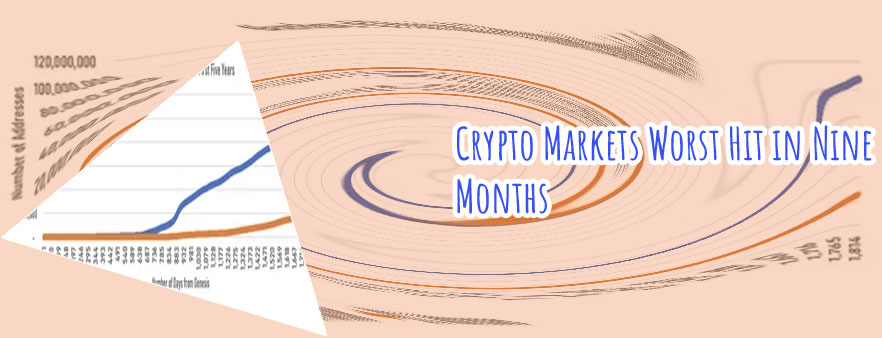
Bitcoin secures trillion market cap first
Q5: How do Digital Vaults go beyond basic storage?
You may want to consider a personal loan as an alternative to a home equity loan or HELOC. Personal loans are unsecured, so they're not tied to a specific asset. Falling behind on one is still a bad thing, as it could ruin your credit. But you're taking a different risk there -- one that doesn't necessarily involve losing the roof over your head. Bitcoin secures trillion market first ever After high levels of volatility diminished the value of several prominent cryptocurrencies in 2022, a handful of crypto firms were unable to pay back their lenders, which were primarily other crypto firms. Many borrowers and lenders declared bankruptcy, including FTX, at the time the world’s third-largest cryptocurrency exchange. The collapse of FTX and other firms resulted in tens of billions of dollars in losses to investors, though traditional financial firms were relatively unscathed.
Bitcoin secures trillion first time

Bitcoin USD (BTC-USD)
There is another factor disincentivizing large block sizes in Bitcoin: blocks that are large will take longer to propagate, and thus have a higher probability of becoming stales. In Ethereum, highly gas-consuming blocks can also take longer to propagate both because they are physically larger and because they take longer to process the transaction state transitions to validate. This delay disincentive is a significant consideration in Bitcoin, but less so in Ethereum because of the GHOST protocol; hence, relying on regulated block limits provides a more stable baseline. 10 Best Blockchain and Bitcoin ETFs Bitcoin dominance is a measure of Bitcoin’s share of the total crypto market cap. The metric is derived from dividing the total value of all digital assets in circulation by the market capitalization of Bitcoin. Historically, Bitcoin has always controlled the largest share of the crypto market. However, with the rise of new digital currencies since Bitcoin’s first block in 2009, Bitcoin dominance has fallen from 100% in 2013, and 88% in 2014, to just 38% in 2022.
